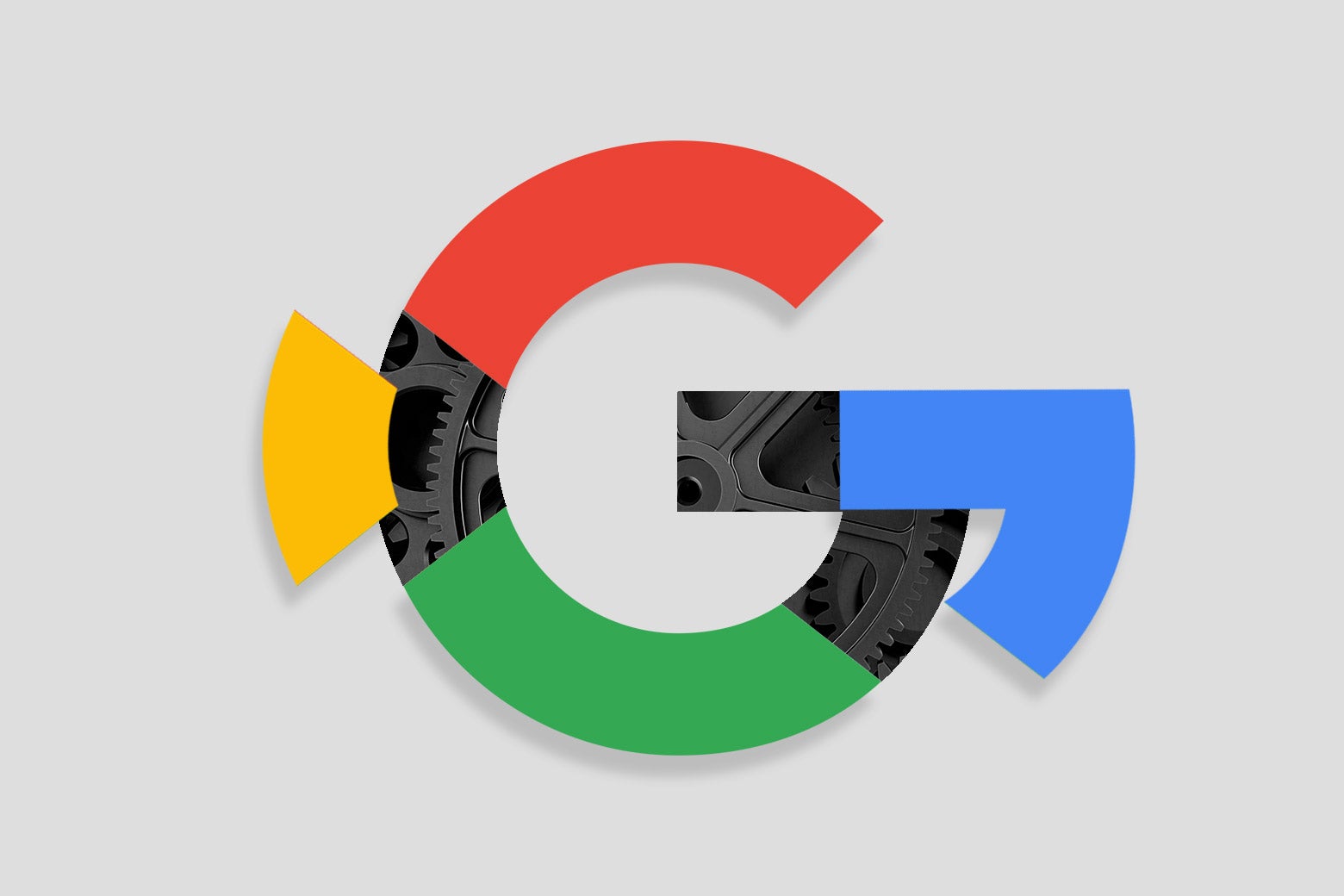
How Google Really Works
Reading Time: 3 minutesSomehow it took an antitrust trial to find out., How Google really works, according to its antitrust trial.
Last week, the U.S. Department of Justice finished presenting its case in court that Google’s efforts to secure an advantage in its search engine business violated federal antitrust law.
So concluded a grueling 10-week trial in federal district court in Washington, D.C., a saga full of bitter allegations of untoward Silicon Valley deal-making, high-profile executive testimonies, and troves of internal documents—and, weirdly, less attention than you’d expect given that the United States is trying to give a speeding ticket to one of the most powerful companies in the world.
From the beginning, the trial was marred by complaints of courtroom secrecy: Judge Amit Mehta was largely deferential to requests for closed-door testimony and document redactions, though news organizations were eventually successful in lobbying for better transparency and access.
The judge may hold Google liable. He may order the company to be broken up, to change its business practices, or to pay severe civil penalties. Or he may not.
No matter what happens, the Google trial is a remainder of a crucial fact-finding function of litigation. Whatever the outcome, we now know way more about how Google works because the government put it on trial.
So what exactly did we learn?
The government’s argument against Google hinged in large part on the deals it struck with phone manufacturers like Apple and Samsung to keep its search engine the default. That, prosecutors alleged, allowed Google to cement its status as a monopolist in search and gain an unfair advantage in the tangential market of search advertising.
But the numbers behind those deals were a revelation: In 2021, Google made $146 billion in search advertising and gave a $26 billion cut to phone manufacturers and carriers in exchange for default status. That’s nearly 18 percent.
In sworn testimony, Microsoft CEO Satya Nadella divulged that he spent years trying to convince Apple executives to switch the default search engine on Safari from Google to Microsoft’s Bing. ‘Everybody talks about the open web, but there is really the Google web,’ Nadella said.
Google CEO Sundar Pichai defended his company on the witness stand, saying its Apple deal was struck at a time of ‘fierce competition’ between the two. (The companies compete directly when it comes to web browsers, cloud services, operating systems, laptops, and music streaming—just to name a few.)
But, Apple alone takes home 36 percent of the search advertising revenue Google gets from the web browser Safari. And the Justice Department unveiled 2018 meeting notes showing Apple CEO Tim Cook declaring that he’d like Apple to be ‘deep, deep partners’ with Google. ‘Our vision is that we work as if we are one company,’ Cook said. Meanwhile, Google lowered its revenue-sharing agreement on Android phones with Verizon from 20 percent to only 10 percent in 2020, though the carrier didn’t bother to try and sell those rights to competitors such as Microsoft.
Prosecutors painted Google as a technology behemoth, unaccountable to regulators, competitors, or even customers: Google’s vice president of advertising products admitted under oath that the company raises ad auction prices by as much as 5 percent to meet revenue targets without informing advertisers.
In an internal company presentation, Google instructed its employees not to use anticompetitive lingo when discussing rivals and customers, we learned during the trial. Words such as crush, kill, hurt, block, lock-in, market, bundle, and tie were all frowned upon. ‘It’s just wrong to say that we’re dominant in or control any line of business,’ the presentation concluded. Pichai also refuted allegations that he routinely deleted internal messages to thwart investigators.
This case isn’t over. The parties will reconvene in a number of months to deliver closing arguments before Mehta weighs in. Appeals are likely no matter the outcome. If Google is found to have violated federal antitrust laws, the government will request a remedy—the most drastic being a breakup of the company in a way that’s meant to address the underlying abuse.
Meanwhile, Google is already steeped in a separate antitrust fight with a rival company, Epic Games, over whether the internet giant’s app store policies are anticompetitive. (Epic previously sued Apple on similar grounds and lost.) And Google is gearing up for another antitrust battle with the Justice Department in early 2024 over its advertising stack—the technology that connects ad buyers and sellers throughout the open web.
Obviously, governments don’t sue companies just to put private company information in the hands of the public. Nor should they.
But, in this case, federal prosecutors have brought a convincing case that Google—arguably the most powerful company on the internet—abused one of its many monopolies. While monopolization cases are rare and notoriously difficult to win, the public has already won to some degree. At least we can see Google for what it really is.
Reference: https://slate.com/technology/2023/11/google-antitrust-search-monopoly-apple.html
Ref: slate
MediaDownloader.net -> Free Online Video Downloader, Download Any Video From YouTube, VK, Vimeo, Twitter, Twitch, Tumblr, Tiktok, Telegram, TED, Streamable, Soundcloud, Snapchat, Share, Rumble, Reddit, PuhuTV, Pinterest, Periscope, Ok.ru, MxTakatak, Mixcloud, Mashable, LinkedIn, Likee, Kwai, Izlesene, Instagram, Imgur, IMDB, Ifunny, Gaana, Flickr, Febspot, Facebook, ESPN, Douyin, Dailymotion, Buzzfeed, BluTV, Blogger, Bitchute, Bilibili, Bandcamp, Akıllı, 9GAG